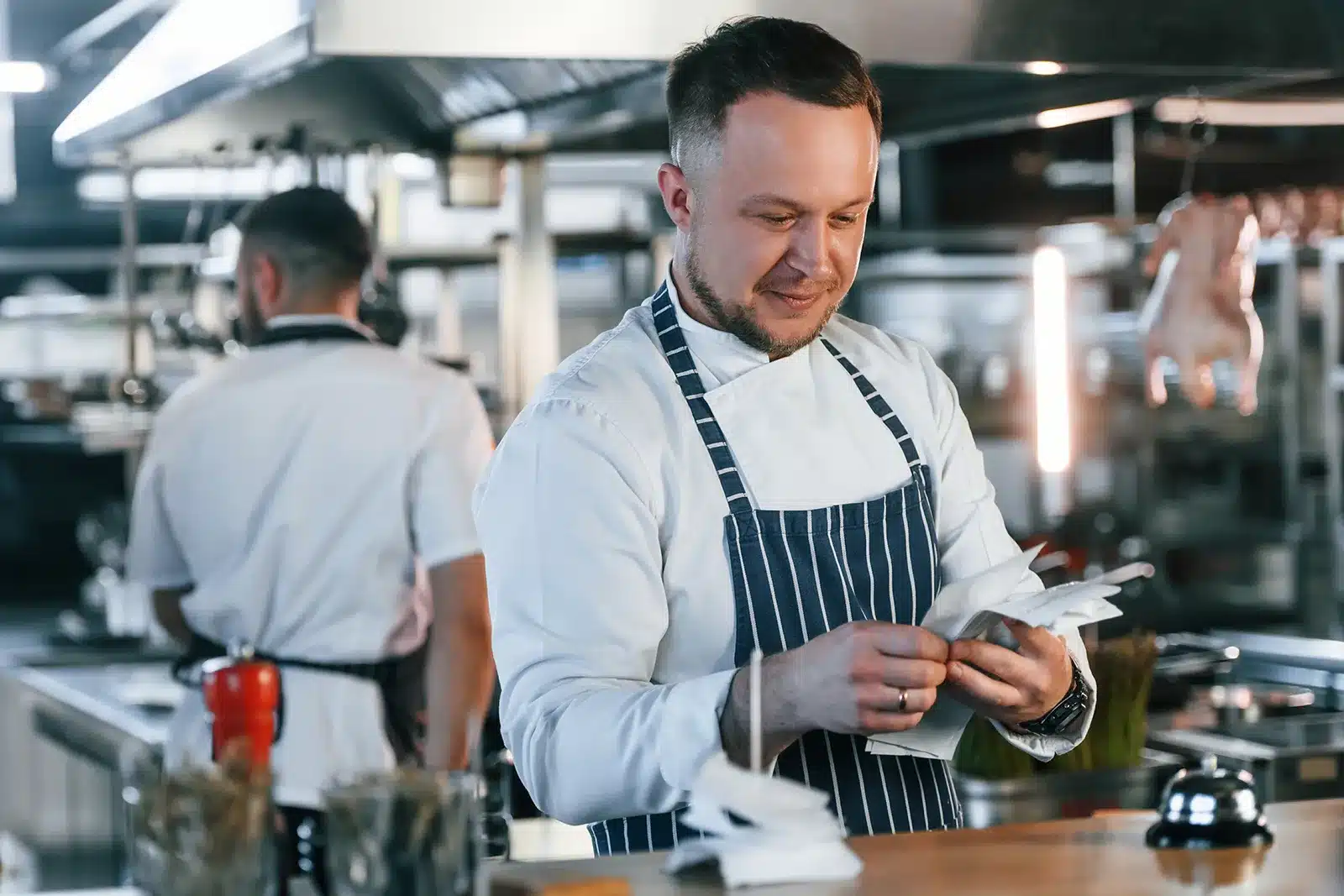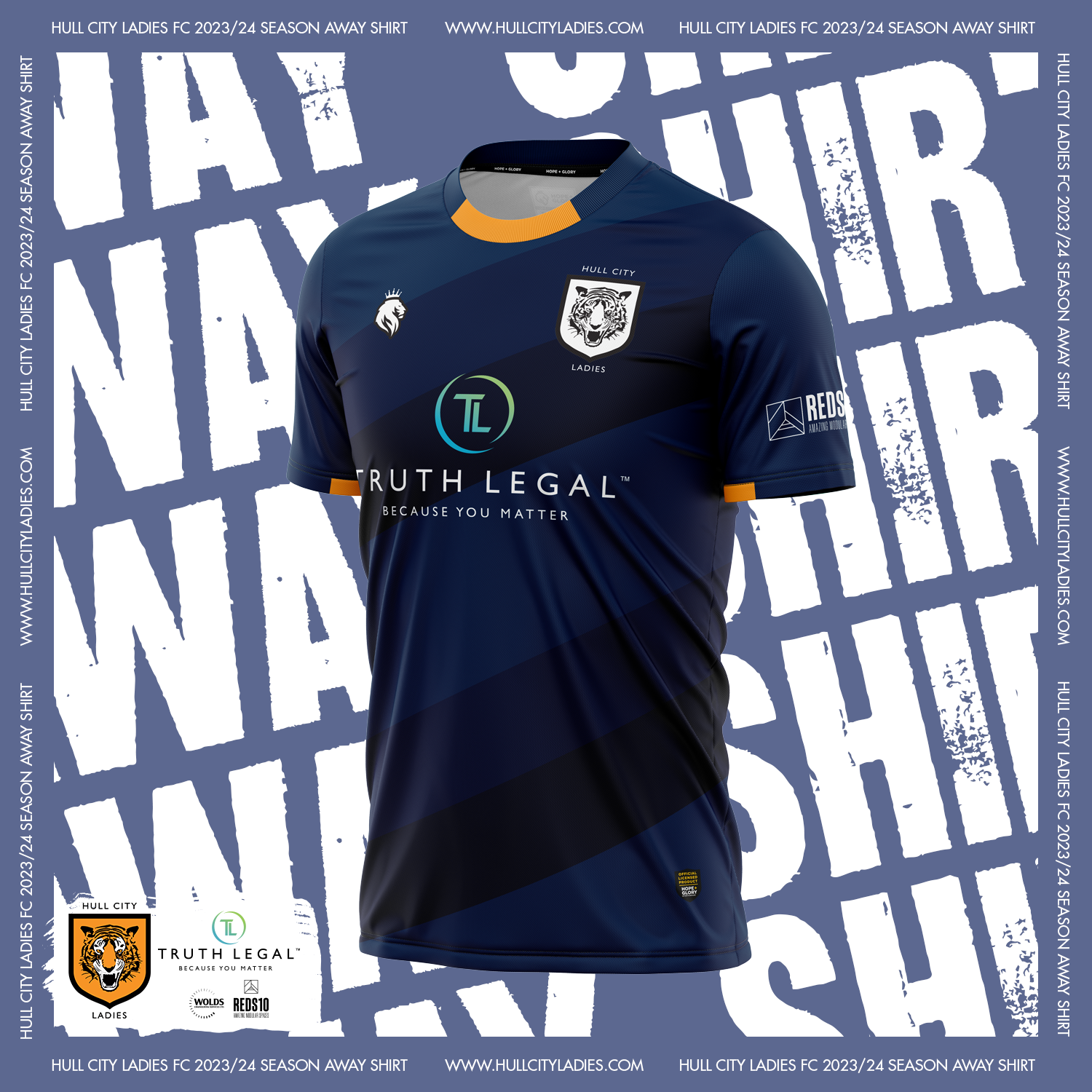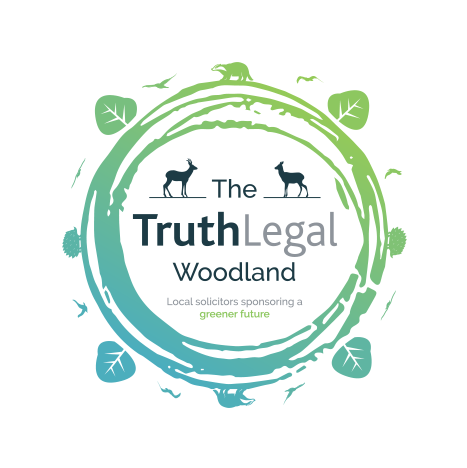You may well have heard the name of Marcus Aurelius: Roman Emperor, Stoic philosopher and all-round good egg. Known as the last of the “Five Good Emperors”, he led Rome during a Covid 19-esque pandemic – the Antonine Plague – which killed millions. Fatherless from the age of 3, Marcus experienced the death of eight of his 13 children. He died, aged 58, in AD 180.
During a decade-long military campaign, Marcus, a logical, philosophical leader, wrote one of the greatest works of Western philosophy: Meditations. Meditations has proved great comfort to me over the years, steering me in the right direction and stiffening my resolve. Meditations was a favourite of innumerable of the great and the good, including: Bill Clinton, Wen Jibao, Robert Louis Stevenson, John Stuart Mill, Theodore Roosevelt, and many more.
Not written for public consumption, Meditations is a diary of sorts; a collation of Marcus’ thoughts on wisdom; guides for how he should live and rule. With the weight of the world on his shoulders, Marcus experienced more highs and lows than many humans would ever experience. Treated as a quasi-god during his lifetime and deified after his death, with nobody to keep check on him, Marcus easily could have lived a life of debauchery, as some emperors did. Instead, fortified by conclusions he recorded in his journal, Marcus governed with great wisdom.
But what has a formerly omniscient, long-dead emperor got to do with seriously injured personal injury claimants in the modern day? Well, let me explain.
Since 2005, I have represented hundreds of injured people. Passionate about helping injured people, in 2012 I set up a personal injury law firm specifically to represent such unfortunate people. Therefore, I ought to know a thing or two about injured people. And suffering from chronic ill-health myself, I have turned to Stoic philosophy – primarily the works of Marcus Aurelius – to guide me through the dark times. Perhaps his wisdom can help you, too.
Here are my top 4 take-away tips from Marcus. If you think of any others, please get in contact with me.
Lesson One: Be honest, sincere and patient.
As Marcus wrote, in what was core advice that he would return to time and again:
“Practice the virtues you can show: honesty, gravity, endurance, austerity, resignation, abstinence, patience, sincerity, moderation, seriousness, high-mindedness.”
Anyone unfortunate enough to have sustained a serious personal injury will no doubt agree with me that personal injury claims usually take a long, long time to conclude. And with good reason. With serious injury cases, often multiple parts of the body – not to mention the mind – have suffered damage. Therefore, at the right time in the claim, a competent personal injury lawyer needs to obtain medical experts from a number of fields, usually mirroring the areas of expertise used by the NHS . For example, if someone has been under the care of NHS consultants in, say, orthopaedics, neurology and psychiatry, then at the very least the personal injury lawyer should recommend reports from independent experts in all of those fields. Coupled with obtaining medical records often from a number of sources, all these appointments and reports take a long time to compile. Patience is required.
On top of that, in serious injury claims, the first medical reports to have been obtained are likely to be only provisional – that is, further, updated reports are likely to be needed in due course when the recovery has finished and therefore a prognosis can be stated. All of this, sadly, can take many years to assemble. Marcus’ recommendation that he – and you – be patient is solid advice for any injured person who has made a claim.
In relation to honesty and sincerity, all injured claimants should display these key traits throughout the duration of the claim (and before it, ideally, too). This is because honest claimants have nothing to fear by bringing a claim, but dishonest claimants are dicing with financial disaster. Let me explain.
In non-personal injury litigation – i.e. when people or organisations sue each other – usually the loser of the claim has to pay their own lawyer’s fees in addition to the winning side’s legal fees. And of course, if the claimant is successful, the losing defendant is ordered to pay compensation on top of both sides’ legal fees. Ouch! This was the position in personal injury and clinical negligence claims until 2013. After 2013, more or less, a claimant who brings a claim but loses, once court proceedings are started, only has to pay the other side’s legal fees if they have been Fundamentally Dishonest. This reduces the risk to a claimant in bringing a valid claim honestly: they won’t have to pay the other side’s legal fees if they lose. However, as you can imagine, the other side will want to show that an injured claimant – even if the accident was not the claimant’s fault – has been dishonest in the way that they brought the claim.
To prove that a claimant has been fundamentally dishonest, sometimes insurance companies and their solicitors instruct private investigators to covertly follow unsuspecting injured claimants around, filming them, in order to prove that the claimant can do something that they say that they cannot. “Gotcha”, says the Defendant! A fundamentally dishonest claimant, they say.
Furthermore, the claimant’s social media posts are usually trawled over in order to spot any inconsistencies with the claim. For example, if an injured claimant’s medical evidence states that the claimant cannot walk more than 2km as a result of an accident, but the claimant has posted a walk of 3km in length on social media, then this minor inconsistency will be jumped upon.
In high value claims, where the claimant is seriously – perhaps catastrophically injured- if the insurance company or their solicitors can sling some mud then sling mud they shall, for it is usually their main weapon. So, don’t give the insurers any reason to smell a rat. Be honest. Be sincere, as Marcus advises. And in the very unlikely event that the injured claimant needs to give evidence in court (court appearances are very rare these days in personal injury claims), all an injured person needs to do is to tell the truth. Easy. Judges and barristers are experienced in exposing deceit, even white lies, so be honest and sincere. And even if 99% of your claim is truthful, that 1% could trip you up. It happens.
Perhaps as the founder of Truth Legal I would recommend honesty, but I have seen deserving Claimants get unstuck by needless white lies. Don’t solely take my word for it: follow the wisdom of a wise, just Roman emperor.
Lesson two: Focus on your recovery, not the claim.
As Marcus reminds himself, and his advice is useful to us all:
“The mind adapts and converts to its own purposes the obstacle to our acting. The impediment to action advances action. What stands in the way becomes the way.”
In my years of experience of this meaningful area of work, representing injured people, I have come across a few injured claimants who have – through no fault of their own – focussed too much on the claims process and not enough on their recovery. This usually has the effect of consuming the claimant’s mind with thoughts about the claim from morning to night. Rarely is this a good thing. The legal claim will work itself out (though we lawyers are far from perfect!), steered by the lawyers, but the recovery may only have the injured person driving it (or not).
My own experience of chronic illness, as well as my experience of representing seriously injured people, has informed me that the NHS excels at solving emergencies, but often struggles with treating more long-term health concerns, often seen in seriously injured claimants. Don’t get me wrong: I am a huge fan of the NHS, but it is right to highlight where this hallowed system has its flaws. I suspect that doctors may well agree with me that patients who push them – and not everyone feels that they have the authority to challenge their doctors – make greater progress; that those who are passive and perhaps deferential to doctors, oftentimes find themselves at the bottom of the list. That’s why the claimant’s focus ought to be on the recovery, because it can be utterly exhausting. Win or lose in the claim, a claimant is stuck with the extent of their recovery forever. The sooner rehabilitation takes place, the greater the progress that an injured person will likely make.
Whilst a solid bond – a traditional, professional relationship – between a personal injury lawyer and the client is highly desirable, my advice to any seriously injured claimant is that their primary focus should be upon their recovery, rather than the legal process. The recovery – as well as can be achieved – is the Claimant’s obstacle. Of course, injured people haven’t chosen their dreadful, unfortunate predicament, but they must play the hand that they have been so sadly dealt. In my view, claimants should expend far more mental energy on getting better, than on the lawyers who are acting for you (unless the lawyers are hopeless and therefore you may need to switch solicitors). Lawyers do often need a nudge – I know! – but the recovery process, rather than the claim, is the first obstacle to overcome.
There is another reason, too, as to why claimants should focus upon their recovery. Deserving injured Claimants, who may reject legitimate medical treatment – such as by failing to attend physiotherapy, or CBT appointments, etc – may find that the other side’s solicitors argue that the Claimant hasn’t mitigated their losses – i.e. the claimant has tried to increase the value of the claim through their failure to use their best endeavours to get well. Astute Defendant solicitors will make this point, speculating why it is that the claimant appears more interested in money than in getting better. Don’t give them any reason to doubt you.
Lesson Three: Don’t worry about a personal injury trial.
Personal injury and clinical negligence trials are rare events. Most claims settle or are withdrawn long before trial. Usually, trials take place in the circumstances when the claim is of a sizeable sum, or when there are arguments about the Claimant’s integrity. As the claims process – litigation – proceeds on a cards on the table approach – i.e. evidence is disclosed to each side, so that all parties have each other’s evidence – trials only take place when the parties do not agree and therefore a Judge is required to make a conclusion as to which party is correct. Some lawyers argue that trial is essentially a failure of the process.
Marcus again has useful advice regarding our worries about the future, trials or otherwise. He wrote:
“Never let the future disturb you. You will meet it, if you have to, with the same weapons of reason which today arm you against the present.”
Now if your lawyer advises you to take your claim to trial, because the other side will not settle and your lawyer is of the view that your claim ought to be successful on the evidence and the law, then it is right that you should prepare; it is right that you know your evidence back to front; and right that you understand what will go on in court. But worrying about it is, as Baz Luhrmann so brilliantly and Stoically put it in the Number One classic, Sunscreen, from 1999: “Don’t worry about the future; or worry, but know that worrying is as effective as trying to solve an algebra equation by chewing Bubblegum.” Easier said than done, I know. It’s highly unlikely that your claim will go to trial and worrying about it may cloud your decision-making should a poor offer come along.
Lesson Four: Be better than the person or organisation whom injured you.
Let me quote our wise emperor once more:
“The best revenge is to be unlike him who performed the injury.”
This is a tough one, but has echoes of the views espoused by Ghandi, Mandela and others. Whether you’ve sustained a life-changing injury due to a negligent employer in an accident at work, or from a road traffic accident, it is entirely reasonable – normal even – to boil with rage at what has happened to you through no fault of your own. In my experience, though, such understandable rage usually does more damage to you than it does to the other side (who often don’t know how you feel, which only serves to heighten the anger).
One of the main reasons why I am so passionate about personal injury law is that legal blame is financially penalised. And that financial penalties are often the best form of deterrent to prevent future accidents, usually through the effect of higher insurance premiums. Over the years, I remember attending site inspections in factories on behalf of my clients who had been injured by machinery. Often in these factories there are digital signs proclaiming how many days it had been since the last accident. Although there had been another accident – hence why I was there re-enacting the accident circumstance and taking photographs – I knew that those signs were only there because claimant solicitors like me had won a compensation claim against the company and that the foreman were instructed to reduce workplace accidents in order to save the company money. Legal claims usually compel change, particularly in workplaces, thereby reducing the incidence of accidents at work.
In the occasion of a serious road traffic accident, if the Defendant driver’s driving was particularly poor, then the police may choose to prosecute. If there is a successful prosecution, the dangerous driver might be hit with prison, fines, points, or the lot. In an assault at work, or an accident at work, the (poorly funded) Health and Safety Executive (HSE) may decide to prosecute a negligent employer through the criminal courts. If there is a successful criminal prosecution, then the civil personal injury claim ought to be successful.
I implore injured people to enforce their legal rights, but never to overstep the mark. Be better than those who carelessly, recklessly injured you. You are better than they are. So don’t stoop to their level by wanting to get your own back in financial ways or otherwise. Frankly, it is a waste of energy and will only serve to do you additional damage.
Final thoughts
Personal injury accidents are grim, grim affairs. In all my years as a personal injury lawyer I have only represented one client– just one out of hundreds – who said that they would go through the pain of the injury again in return for the amount of compensation I secured for them. This client thought that the injury was “worth it”. This client suffered an injury to their teeth. Compensation for teeth damage often may seem like quite a lot in comparison to other injuries, however, financial awards for teeth-related injuries compensates the Claimant for any past and future dental work – which can be very expensive. The US personal injury system, with its punitive damages and massive jury-awarded compensation pay-outs, is in my view far fairer than our mean-spirited system, but no amount of money can ever really compensate someone for an injury.
Arming yourself with some basic Stoic philosophical principles from the master – Marcus Aurelius – should help you as you proceed along the slow personal injury claims process. These pointers may, in fact, prove helpful throughout your life. They have helped me with my own challenges, and I commend them to you.
Best wishes.
Andrew Gray June 2021
Further Reading
From one of the UK’s most read legal blogs.











